 Shutterstock
Shutterstock
When raising a well-behaved and balanced dog, socialization is key. Some breeds naturally adjust well to new situations, while others require extra care and attention to become comfortable around people, other dogs, or unfamiliar environments. These breeds tend to be more cautious, reserved, or protective, and without proper socialization, they may develop undesirable behaviors like anxiety, aggression, or fearfulness. If you’re considering one of these breeds, starting socializing them early is important to ensure they grow into confident and well-adjusted adults.
Akita
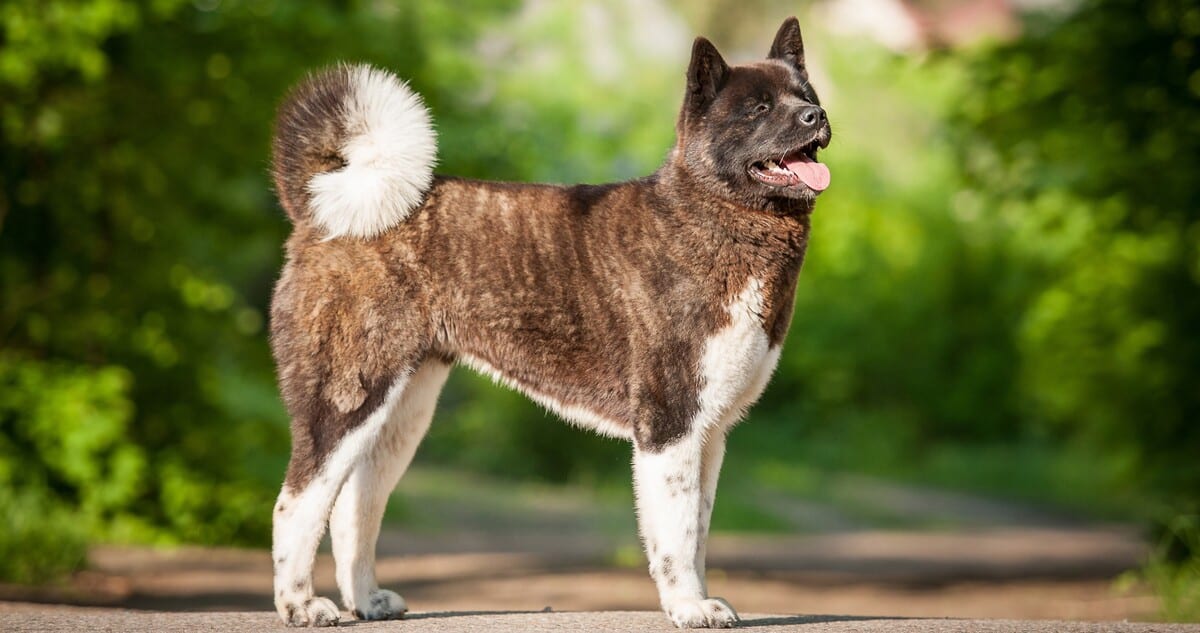 Shutterstock
Shutterstock
Akitas are known for their loyal and protective nature, but they can also be quite reserved around strangers. This breed has a strong guarding instinct, which can make them wary of new people and situations. Early socialization is crucial for Akitas to help them feel more comfortable in various environments. Without proper exposure, they may become overly territorial or aggressive. Akitas benefit from being introduced to different people, pets, and places while still young, allowing them to develop the confidence needed to handle unfamiliar situations with ease.
Chow Chow
 Shutterstock
Shutterstock
Chow Chows are known for their lion-like appearance and independent personalities. While affectionate with their families, they tend to be aloof or standoffish with strangers. Without early and consistent socialization, Chow Chows may become overly protective or aggressive, especially in unfamiliar situations. This breed needs careful exposure to new environments, people, and other animals to help them develop more balanced behavior. Since they can be naturally suspicious, it’s important to introduce them to various social scenarios from a young age to prevent fear-based reactions later in life.
Shar Pei
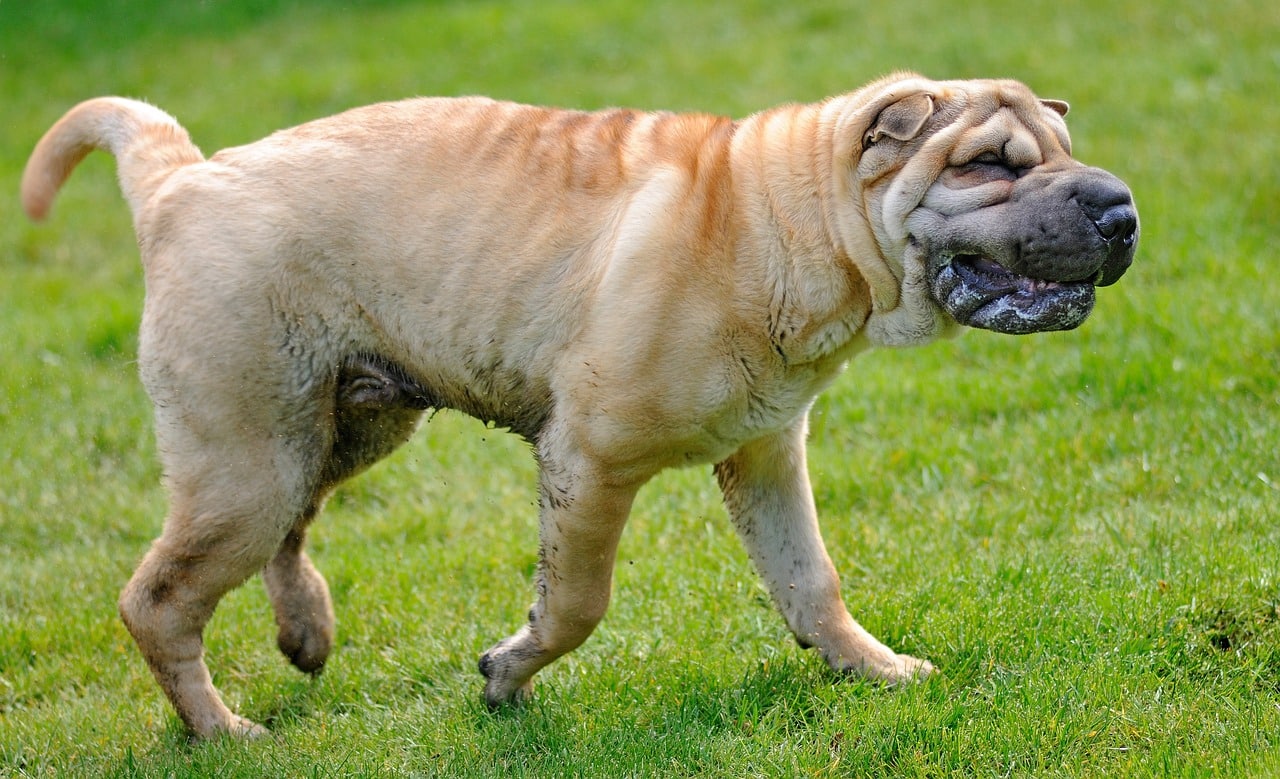 Shutterstock
Shutterstock
The Shar Pei is another breed that requires extra socialization due to its natural wariness of strangers and strong guarding instincts. Known for their wrinkled skin and independent nature, Shar Peis can be prone to anxiety or aggression if not properly socialized. Early exposure to various environments, people, and other animals can help Shar Peis become more confident and less reactive. They tend to bond closely with their families but need regular interaction with new people and pets to prevent them from becoming overly suspicious or territorial.
Shiba Inu
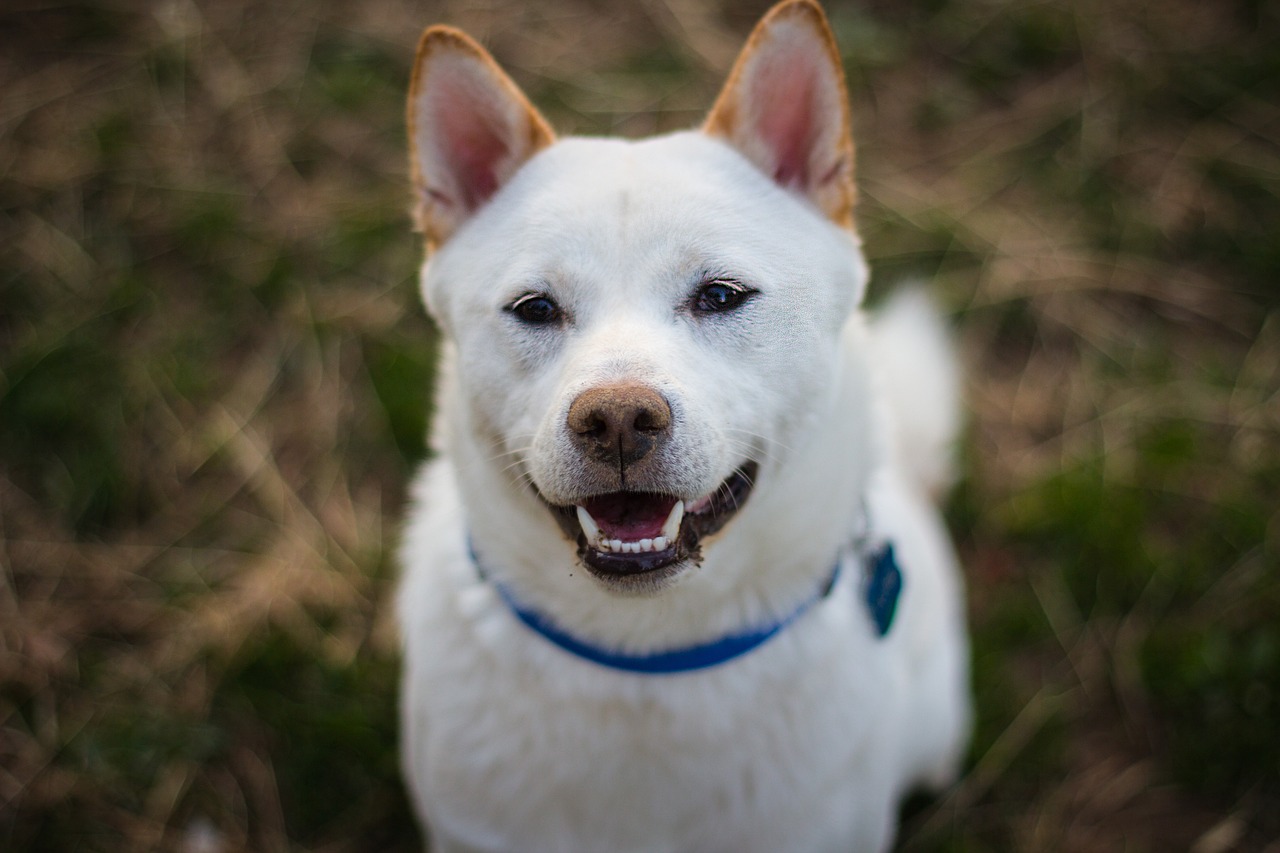 Shutterstock
Shutterstock
Shiba Inus are independent and sometimes aloof dogs that can be cautious around new people or animals. While they are intelligent and loyal to their families, they are not always keen on meeting new faces. Shiba Inus may become overly reactive, nervous, or even aggressive without proper socialization. Introducing them to different environments and social settings from a young age is important. Positive reinforcement and gradual exposure to new experiences can help them become more well-rounded, confident dogs that can handle various situations without fear or aggression.
Belgian Malinois
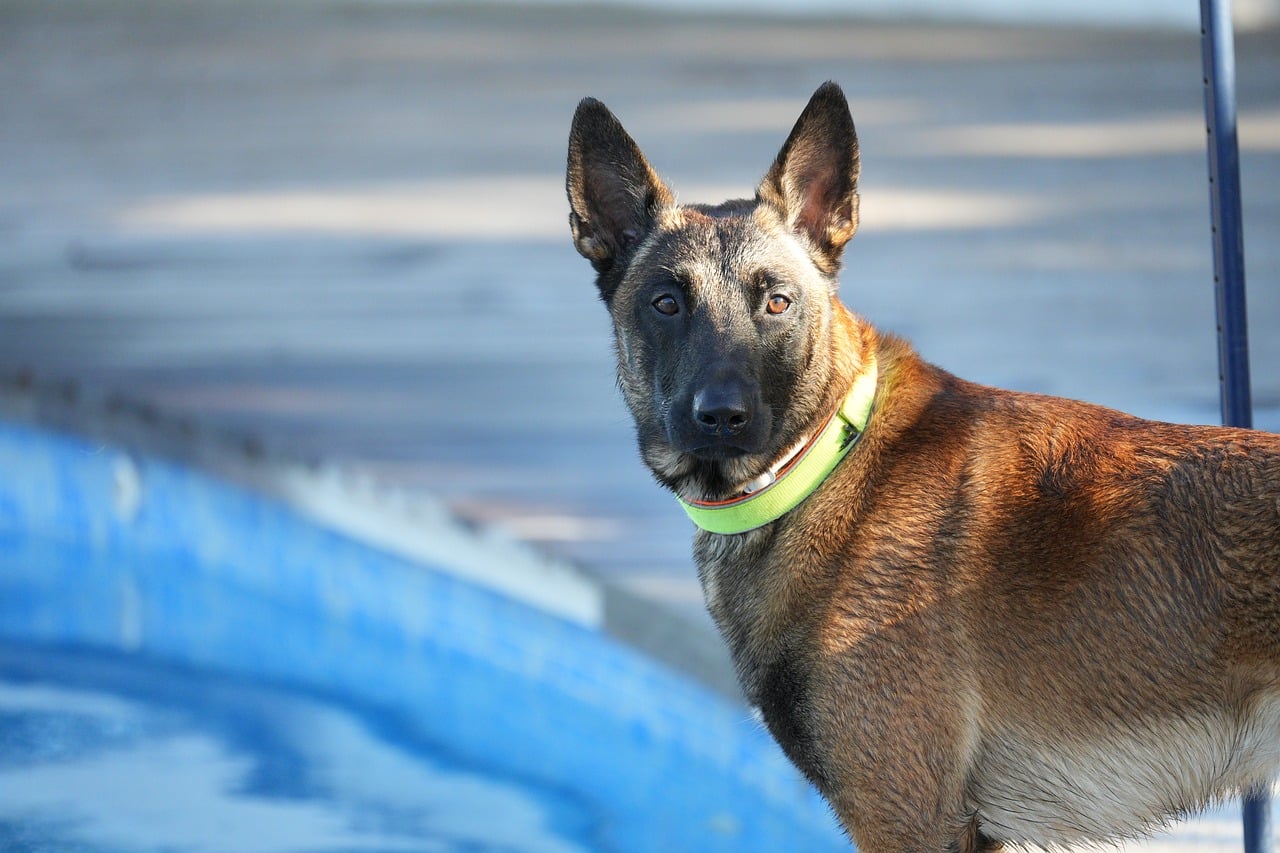 Shutterstock
Shutterstock
The Belgian Malinois is an energetic and intelligent breed often used in police and military work. While highly trainable and loyal, they can be overly protective or reactive if not socialized properly. Belgian Malinois requires regular exposure to new people, animals, and environments to prevent them from becoming anxious or aggressive in unfamiliar situations. Their strong guarding instinct means they may see strangers as threats without proper socialization. To raise a well-behaved Malinois, it’s essential to start socializing them early and ensure they have plenty of positive interactions with others.
Cane Corso
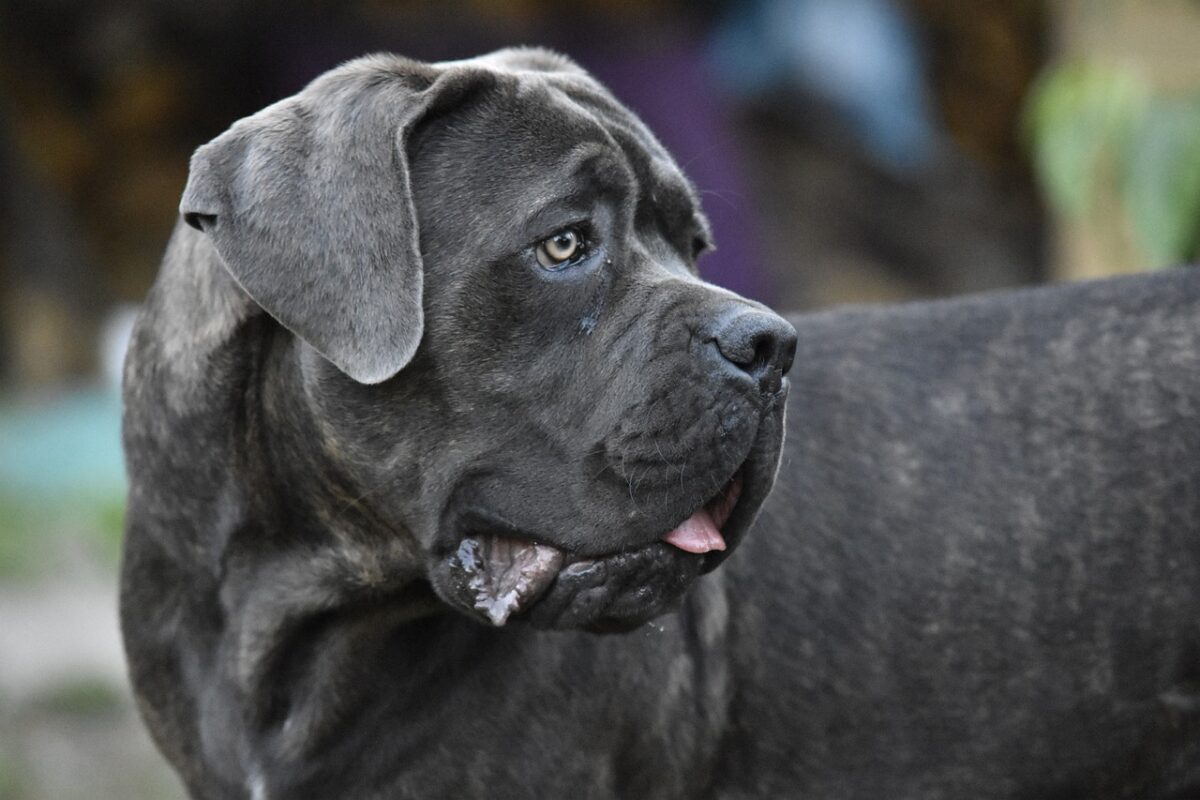 Shutterstock
Shutterstock
Cane Corsos are large, powerful dogs with an instinct to protect their families. While affectionate and loyal to their loved ones, they can be wary or suspicious of strangers. Cane Corsos may become overly aggressive or territorial without early and consistent socialization. Given their size and strength, exposing them to various people, pets, and environments from an early age is important. Proper socialization helps Cane Corsos develop into a confident, well-behaved dog that can handle new situations without feeling threatened or reactive.
The “Social Butterfly” Challenge
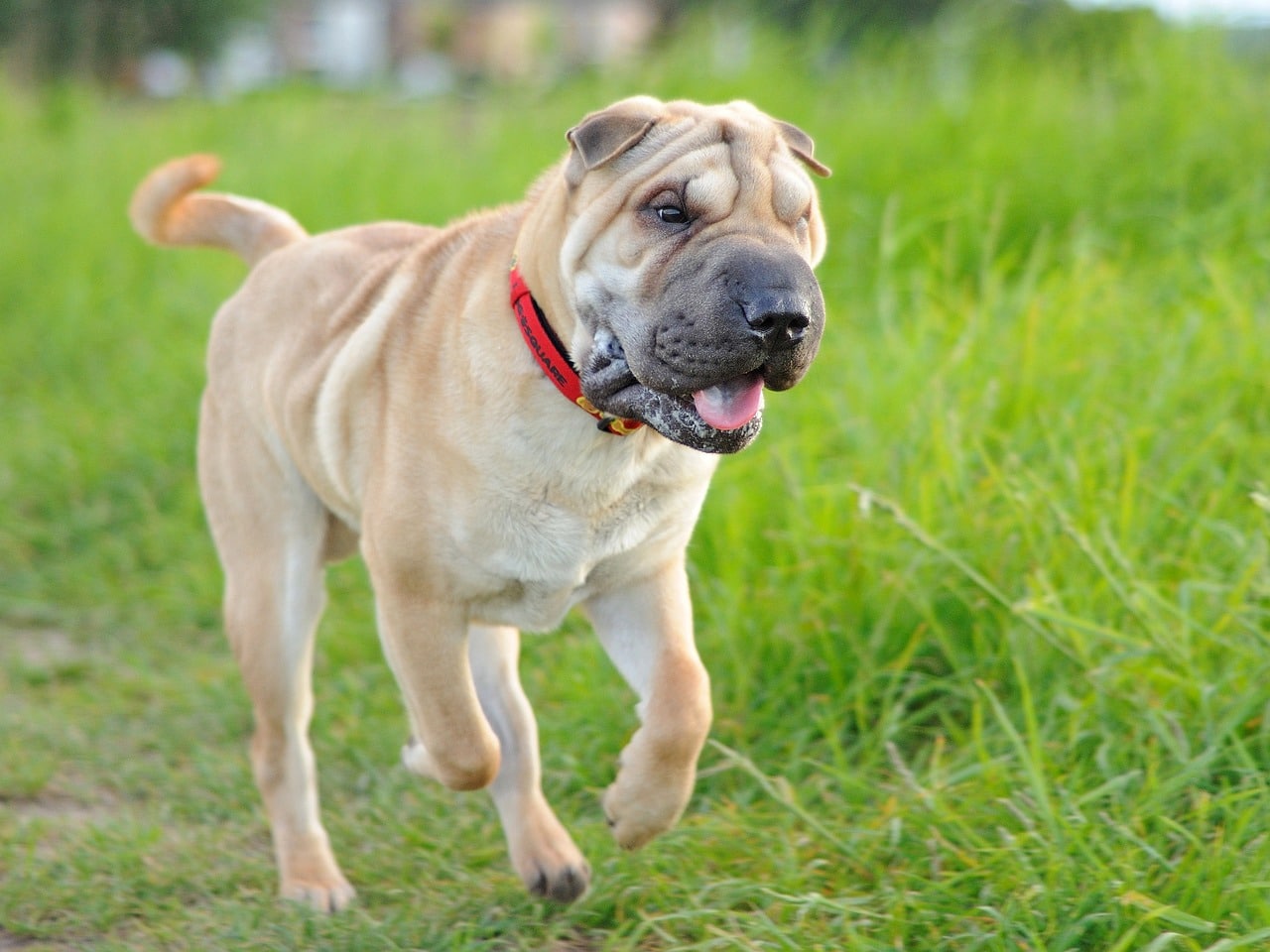 Shutterstock
Shutterstock
Raising these breeds requires significant time, patience, and a lot of socialization to help them grow into balanced companions. By consistently exposing them to new experiences, people, and other animals, these dogs can develop the confidence and calmness necessary to thrive in different environments. If you’re up for the rewarding challenge of turning a cautious pup into a friendly, well-adjusted dog, these breeds will keep you on your toes. Just be prepared for plenty of social “workouts” as you guide them through their journey to becoming more outgoing!
 Toledo, United States.
Toledo, United States.